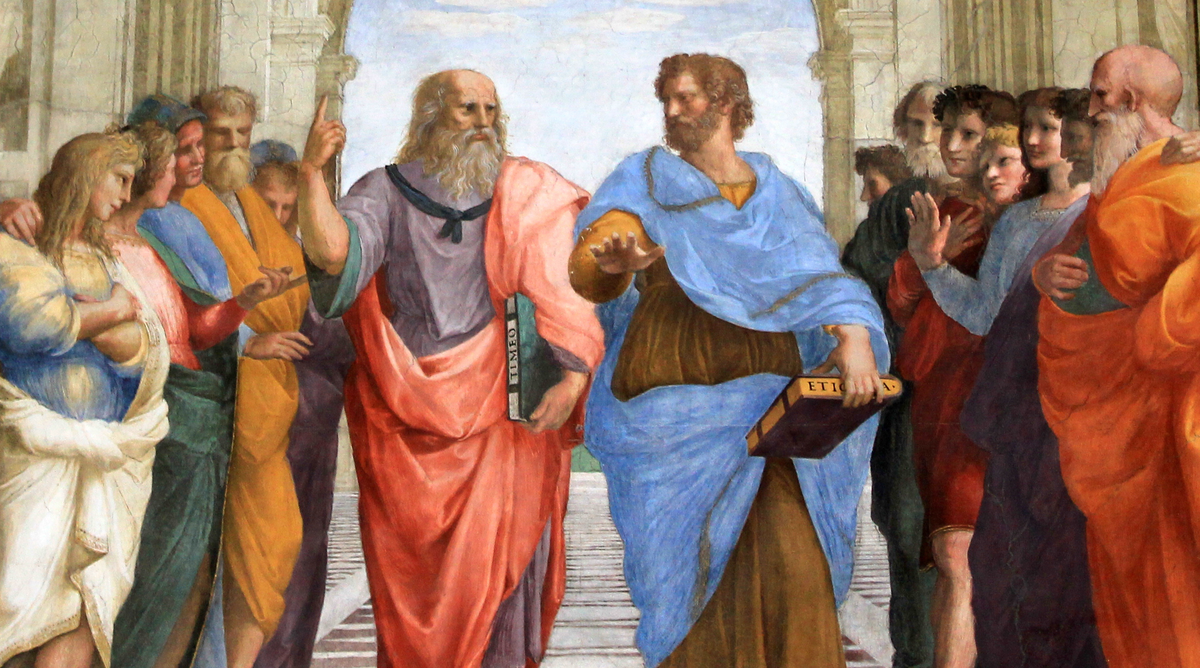Aquinas wrote comprehensively and employed both platonism and artistotelianism.
Is there a protestant theologian who wrote comprehensively and employed both platonism and aristotelianism?
The specific similarity in question is that good-faith attitude towards questions (even seeming insignificant ones) and comprehensivity of the answers.
The comprehensivity both being the theological consistency and the rigor in presentation (what the others thought, what arguments they might have, and yet why the argument would not suffice, followed by the answer).
Is there a protestant theologian who wrote comprehensively and employed both platonism and aristotelianism?
The specific similarity in question is that good-faith attitude towards questions (even seeming insignificant ones) and comprehensivity of the answers.
The comprehensivity both being the theological consistency and the rigor in presentation (what the others thought, what arguments they might have, and yet why the argument would not suffice, followed by the answer).



